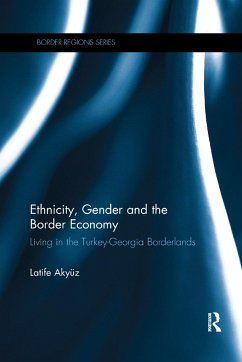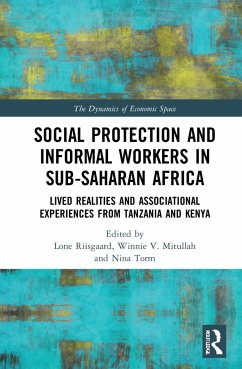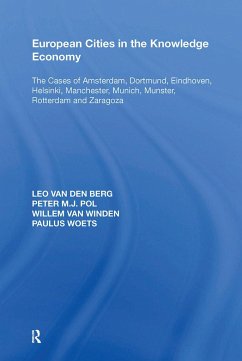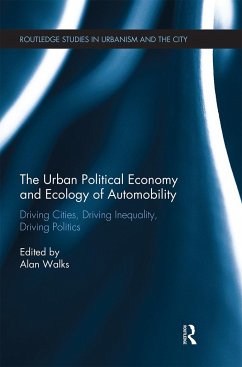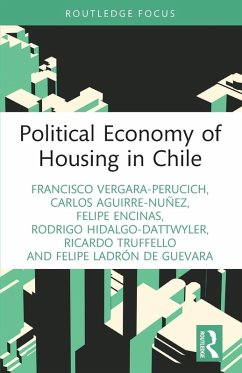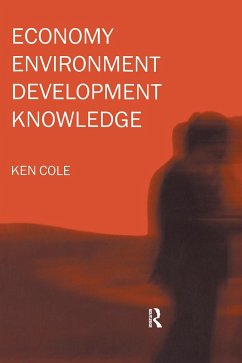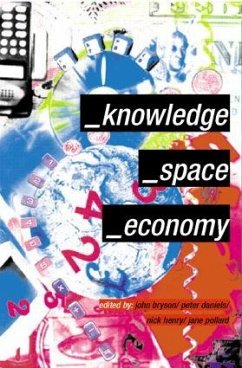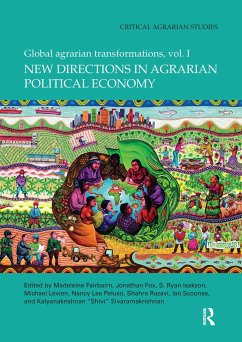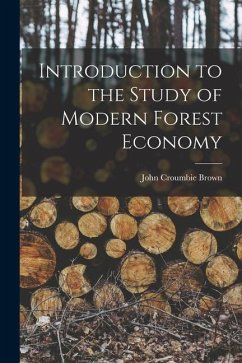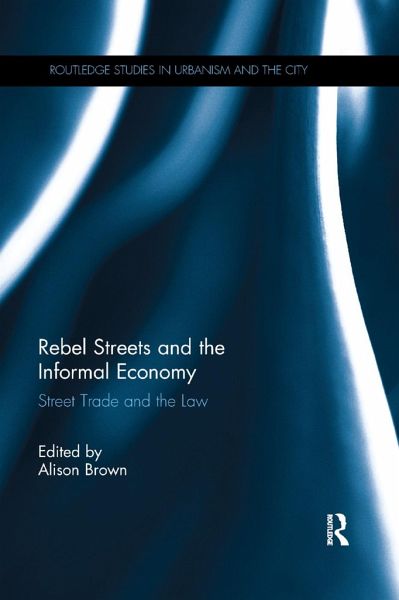
Rebel Streets and the Informal Economy
Street Trade and the Law
Herausgeber: Brown, Alison
Versandkostenfrei!
Versandfertig in 1-2 Wochen
59,99 €
inkl. MwSt.
Weitere Ausgaben:

PAYBACK Punkte
30 °P sammeln!
Street trade is a critical and highly visible component of the informal economy, linked to global systems of exchange. Yet policy responses are dismissive and evictions commonplace. Despite being progressively marginalised from public space, street traders in the global south are engaged in spatial and political battlegrounds to reclaim space, and claim de facto property rights over their place of work, through quiet infiltration, union power, or direct action. This book explores 'rebel streets', the challenges faced by informal economy actors and how organised groups are seeking to reframe le...
Street trade is a critical and highly visible component of the informal economy, linked to global systems of exchange. Yet policy responses are dismissive and evictions commonplace. Despite being progressively marginalised from public space, street traders in the global south are engaged in spatial and political battlegrounds to reclaim space, and claim de facto property rights over their place of work, through quiet infiltration, union power, or direct action. This book explores 'rebel streets', the challenges faced by informal economy actors and how organised groups are seeking to reframe legal understandings to create new claims to space and urban rights. The book sets out new thinking and a conceptual framework for improved understanding of the plural relationship between law, rights, and space for the informal economy, the contest between traditional, modernist and rights-based approaches to development, and impacts on the urban working poor. With a focus on street trading, the book seeks to reframe the legal context in which modern informal economies operate, drawing on key areas of academic inquiry and case studies of how vendors are staking claim to urban rights. The book argues for a reconceptualisation of legal instruments to provide a rights-based framework for urban work that recognises the legitimacy of urban informal economies, the scope for collective management of urban resources, and the social value of public space as a site for urban livelihoods. It will be of interest to students and scholars of geography, economics, urban studies, development studies, political studies and law.





